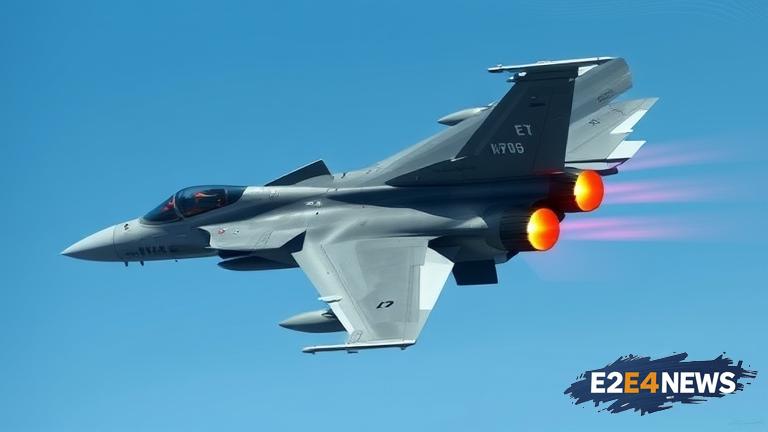The debate surrounding the procurement of fighter jets for national security has sparked intense discussion among defense experts and policymakers. On one hand, proponents argue that these aircraft are essential for maintaining air superiority and deterring potential threats. They contend that a strong air force is crucial for protecting a nation’s sovereignty and interests. Moreover, fighter jets can provide a rapid response to emerging crises, allowing for swift and decisive action. However, critics argue that the costs associated with acquiring and maintaining these aircraft are prohibitively expensive, diverting resources away from other critical areas of national security. Furthermore, the development of advanced missile systems and drones has reduced the relevance of traditional fighter jets in modern warfare. Additionally, the environmental impact of these aircraft, including noise pollution and greenhouse gas emissions, cannot be ignored. In the context of Bangladesh, the acquisition of fighter jets has been a topic of discussion, with some arguing that it is essential for the country’s national security. The country’s geographic location, bordered by India and Myanmar, makes it vulnerable to potential threats. However, others argue that the costs of acquiring and maintaining fighter jets would be better spent on other areas of national security, such as border control and counter-terrorism. The Bangladesh Air Force has been modernizing its fleet, with the introduction of new aircraft and radar systems. Nevertheless, the question remains whether the acquisition of fighter jets is the most effective way to enhance national security. Some experts argue that a more nuanced approach is needed, one that takes into account the country’s specific security challenges and priorities. This could involve investing in unmanned aerial vehicles, cyber security, and special operations forces. Moreover, regional cooperation and diplomacy could play a crucial role in reducing tensions and promoting stability. The role of international organizations, such as the United Nations, should also not be overlooked. In conclusion, the decision to acquire fighter jets for national security is a complex one, requiring careful consideration of various factors. While these aircraft can provide a significant boost to a nation’s air power, their costs and limitations must be weighed against other security priorities. Ultimately, a balanced and multi-faceted approach to national security is essential, one that incorporates a range of military and non-military measures. The development of a comprehensive national security strategy, taking into account the country’s unique challenges and circumstances, is crucial. This strategy should prioritize areas such as counter-terrorism, border security, and cyber security, while also investing in diplomatic efforts and regional cooperation. By adopting a more nuanced and balanced approach to national security, countries can reduce the risk of conflict and promote stability in the region. The acquisition of fighter jets should be seen as just one aspect of a broader national security strategy, rather than a panacea for all security challenges. In the end, the key to effective national security lies in a deep understanding of the complex interplay between military, economic, and diplomatic factors. By recognizing the limitations and costs of fighter jets, policymakers can make more informed decisions about how to allocate resources and prioritize security initiatives. The future of national security will depend on the ability of countries to adapt to emerging challenges and prioritize effective, efficient, and sustainable solutions.
